class is more than income - it has to do with knowing where you stand in a web of social relationships
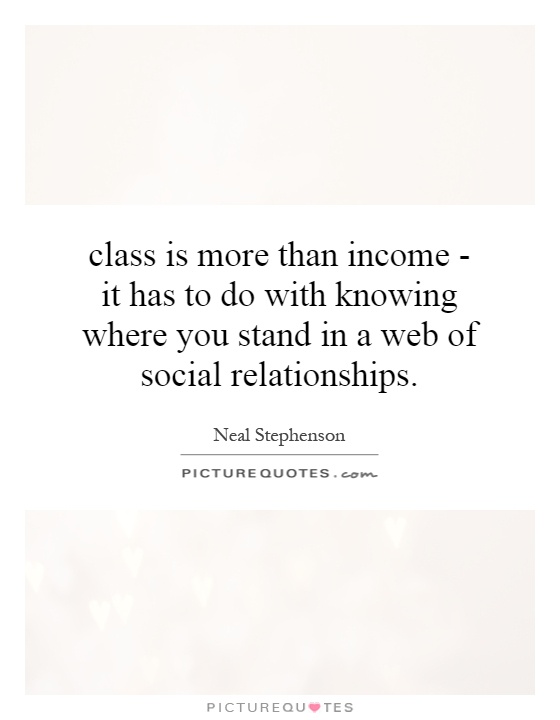
To Do QuotesMore Than QuotesWhere You Stand QuotesSocial Relationships QuotesSocial Relations QuotesNeal Stephenson Quotes
class is more than income - it has to do with knowing where you stand in a web of social relationships
In Neal Stephenson's novels, class is often portrayed as more than just a matter of income or wealth. It is intricately tied to the social relationships and hierarchies that exist within the worlds he creates. Stephenson's characters navigate complex webs of power dynamics, status symbols, and cultural norms that determine their place in society.One of the key themes in Stephenson's work is the idea that class is not just about how much money you have, but also about knowing where you stand in relation to others. In his novel "Snow Crash," for example, the protagonist Hiro Protagonist is a skilled hacker and swordfighter who operates on the fringes of society. Despite his lack of traditional wealth or status, Hiro is able to navigate the social hierarchy of the futuristic world he inhabits through his mastery of technology and his connections to powerful individuals.
Similarly, in "The Diamond Age," Stephenson explores the concept of class through the character of Nell, a young girl who grows up in a society stratified by wealth and technology. Nell's journey from poverty to privilege is shaped not just by her economic circumstances, but also by her ability to navigate the social structures that govern her world. Through her interactions with characters from different social classes, Nell learns the importance of understanding and manipulating the social dynamics that determine her place in society.
Stephenson's exploration of class goes beyond simple economic distinctions to delve into the complexities of social relationships and power dynamics. His characters must navigate a world where status is determined not just by wealth, but by knowledge, connections, and cultural capital. By highlighting the ways in which class is intertwined with social relationships, Stephenson challenges readers to think critically about the ways in which power and privilege operate in their own lives.

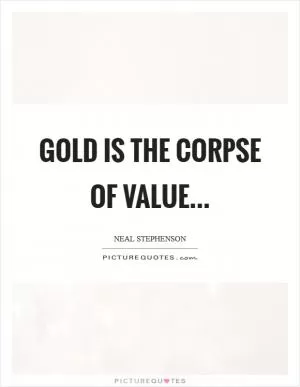
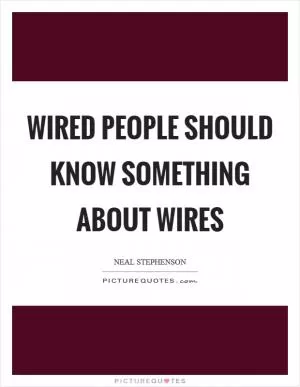
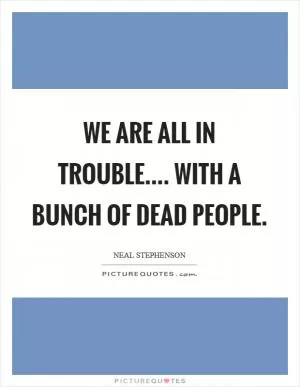
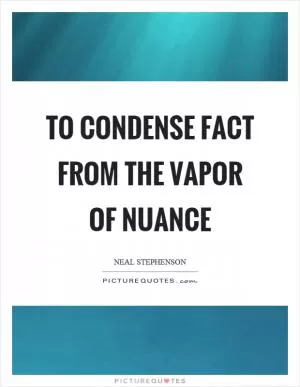
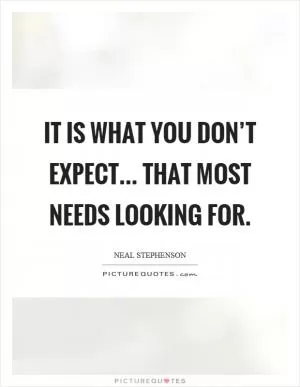

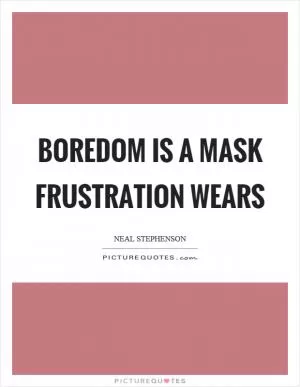
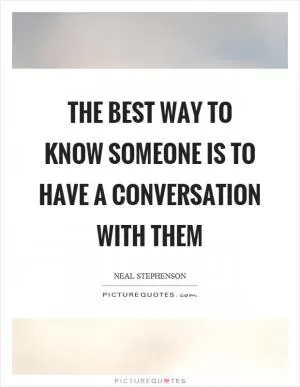
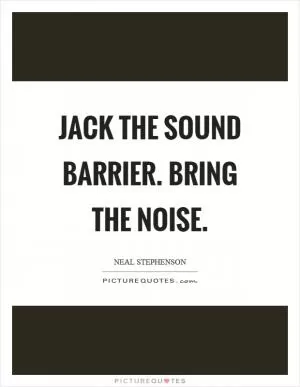
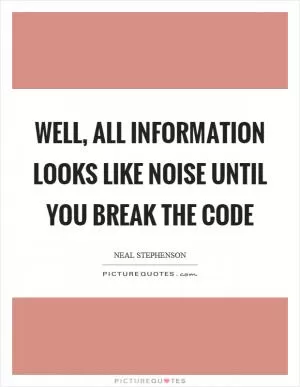
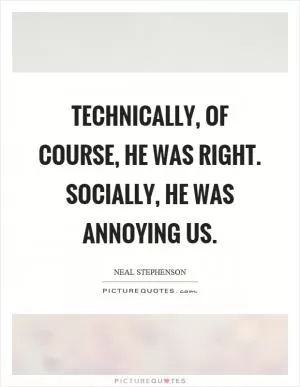
 Friendship Quotes
Friendship Quotes Love Quotes
Love Quotes Life Quotes
Life Quotes Funny Quotes
Funny Quotes Motivational Quotes
Motivational Quotes Inspirational Quotes
Inspirational Quotes